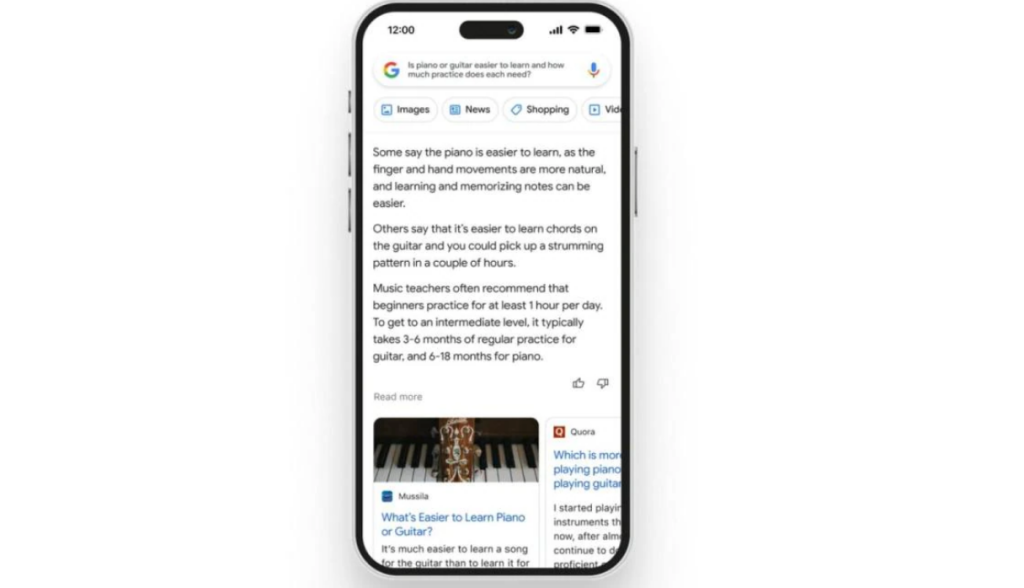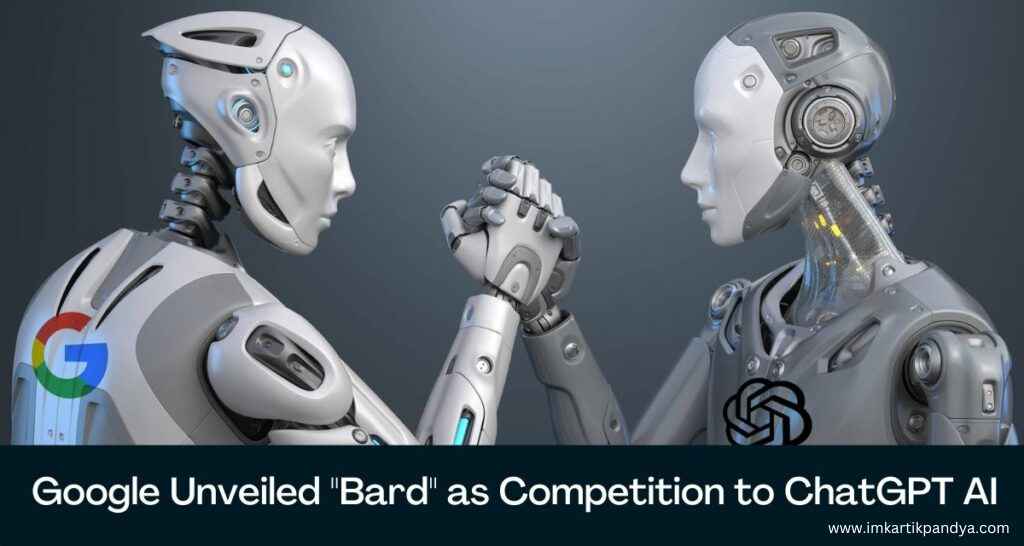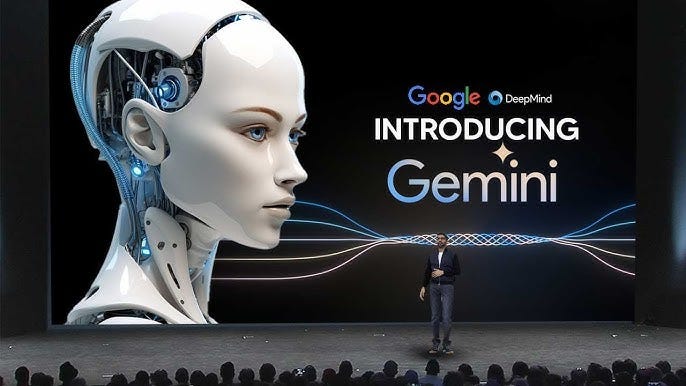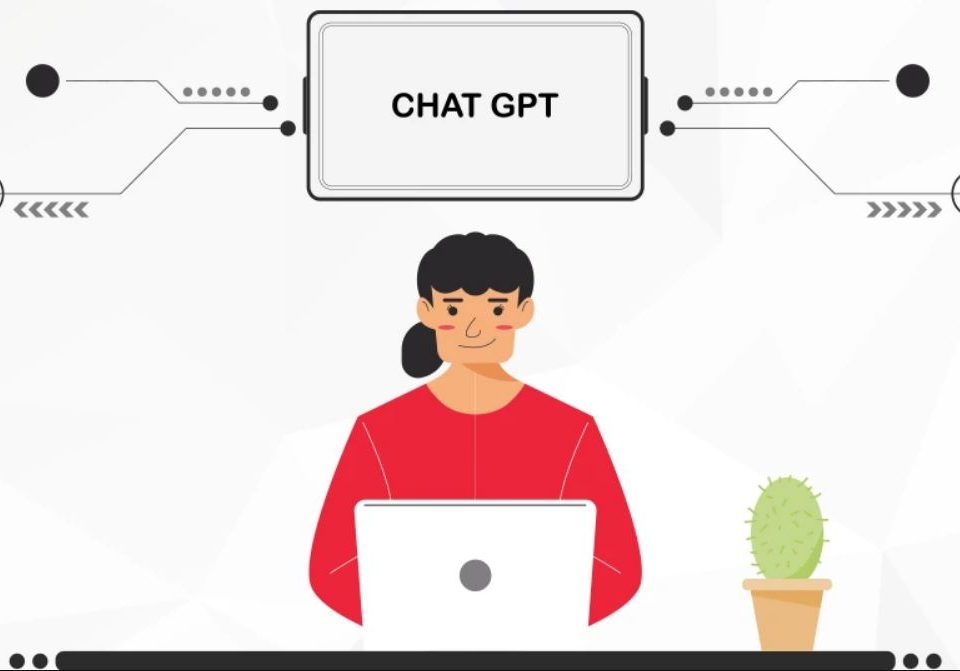
How to Quit Job and Build an Online Business
April 26, 2020
The Power of ChatGPT and AI Tools for Enhanced SEO
July 17, 2023Google introduces Bard, a ChatGPT competitor with broader availability
Google is developing a chatbot to compete with OpenAI’s ChatGPT. Bard is the name of the “experimental conversational AI service,” which is only being tested by a limited users as of now.
It’s confirmed: Google is developing Bard, a ChatGPT rival.
In a blog post published today, Google CEO Sundar Pichai revealed the initiative. He called the programme a “experimental conversational AI service” that will engage in discussions and respond to customer inquiries. According to Pichai, a small number of “trusted testers” will get access to the software starting today, and then “more broadly available to the general public in the next few weeks.”
Although the specific capabilities of Bard are unknown, it appears that the chatbot will have the same level of freedom as OpenAI’s ChatGPT. Users are encouraged by a screenshot to ask Bard useful questions like how to organize a baby shower or what kinds of meals may be produced with a list of lunchtime components.
Pichai Mentioned “Bard can be an outlet for creativity and a launchpad for curiosity, “It can help you explain new findings from NASA’s James Webb Space Telescope to a 9-year-old, or learn more about the best strikers in football right now, and then receive workouts to enhance your talents.“

Bard may be able to respond to queries regarding current events, something ChatGPT struggles with, according to Pichai, who also notes that Bard “draws on information from the web to offer new, high-quality replies.”
Bard may be able to respond to queries regarding current events, something ChatGPT struggles with, according to Pichai, who also notes that Bard “draws on information from the web to offer new, high-quality replies.”
Microsoft has also seized the opportunity after pouring billions of dollars on OpenAI. The business reportedly plans to include ChatGPT into both its Bing search engine and additional items in its office software lineup. Just last week, screenshots purporting to demonstrate a ChatGPT-enhanced Bing were released.
Even though Google pioneered the critical technology—the transformer that forms the “T” in GPT—and has extensive knowledge of the type of AI that enables ChatGPT, the corporation has so far been more careful about making its tools available to the general public. Previously, Google made LaMDA, the language model that serves as the foundation for Bard, accessible through its AI Test Kitchen app.
However, this version is rather limited and can only produce text for a small number of queries.
Google has been worried about a backlash against unproven AI, as have other corporate behemoths. Large language models like LaMDA and GPT-3.5 (which powers ChatGPT) have well-documented propensities to spread harmful content like hate speech and to confidently assert false information, to the point that one professor likened such systems to “bullshit generators”—certainly not a flattering summary for technology some claim should replace search engines. In 2021, Google itself investigated the drawbacks of AI-accelerated search.
The upcoming release of Bard represents a shift in Google’s perspective on this technology. Although Pichai emphasizes in his blog post that Google will use “external feedback with our own internal testing to make sure Bard’s responses meet a high bar for quality, safety, and groundedness in real-world information,” it is essentially inevitable that the system will make mistakes, some of which may be serious.
Google is also emphasizing how it has already incorporated AI into several of its products, including search, in the meantime. In order to surface content from websites rather than letting people click and explore themselves, Google has been utilising AI to summarise an increasing number of search results over the past few years. According to Pichai’s tweet, the following characteristics will likely be increasingly common in the future:
Soon, you’ll be seeing an AI-powered Search features that condense complex information and multiple viewpoints into digestible formats so you can quickly understand the big picture and learn more from the web, whether that means looking for additional viewpoints, like blogs from people who play both the piano and the guitar, or going deeper on a related topic, like beginner-friendly starting points. Soon, Google Search will start implementing these new AI capabilities.
Sundar Pichai, CEO Google
As if that weren’t enough, Google is hosting an event on Wednesday that will cover AI, search, and other topics. The Verge will keep you updated on the most recent news before a chatbot can (for now).



